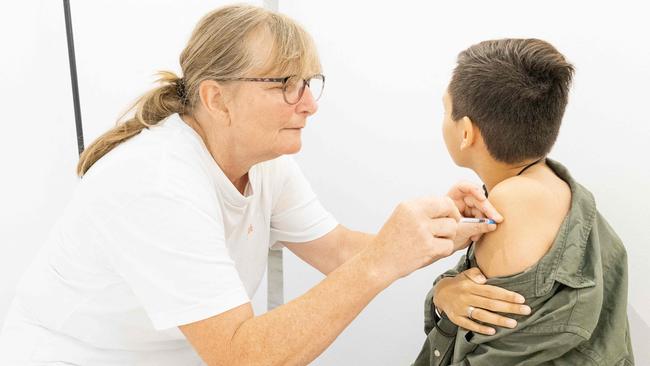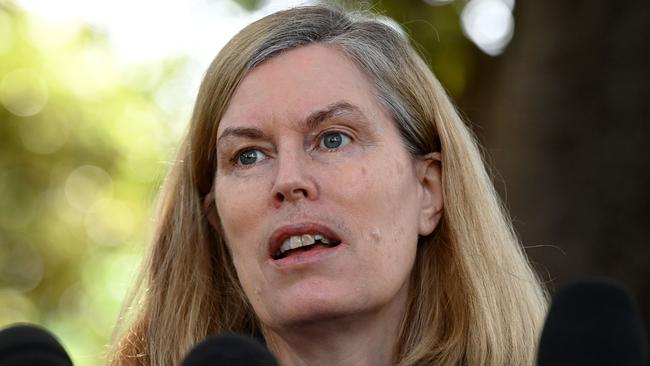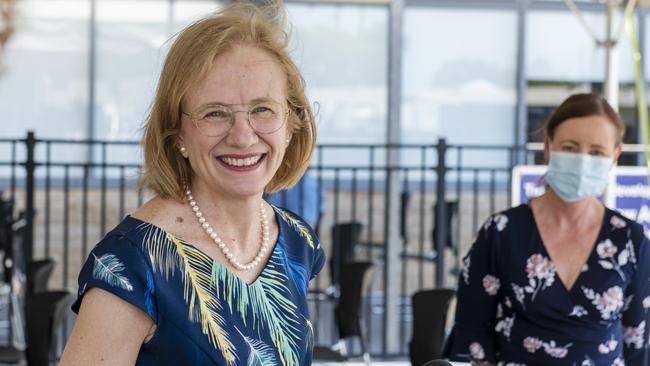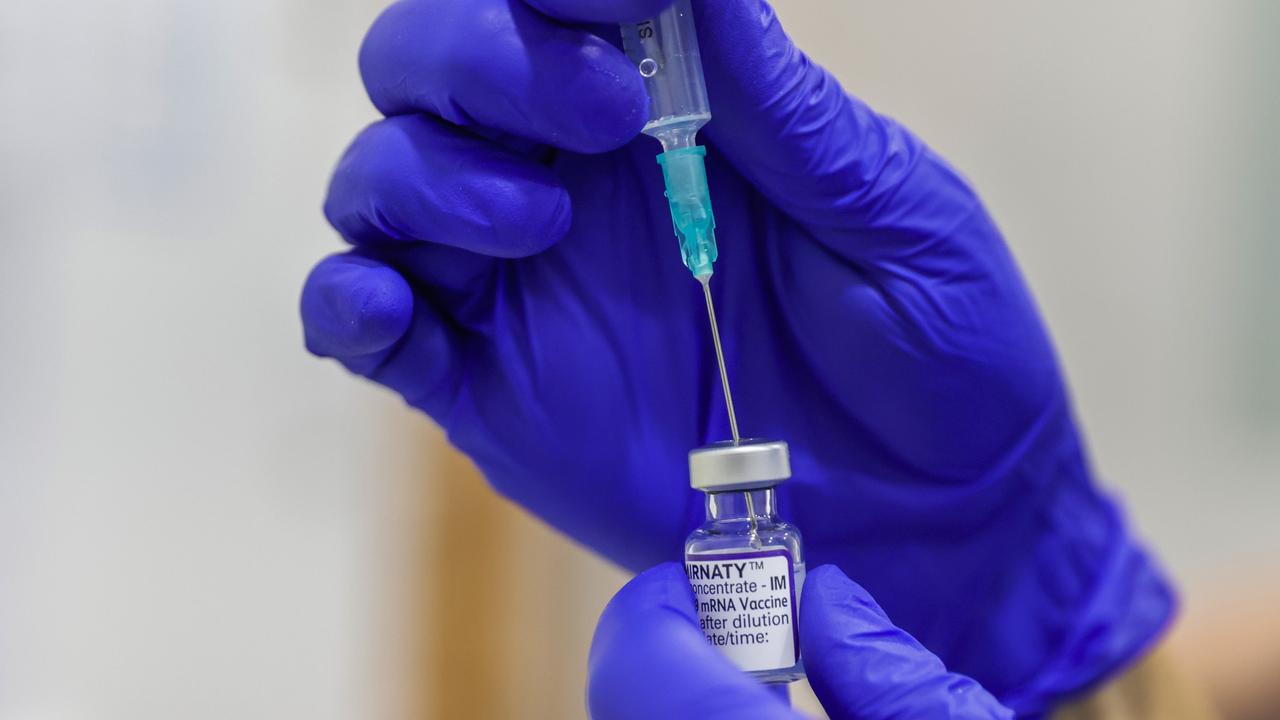NSW Freedom Day: Best reasons to enjoy the end of lockdown
While doomsayers may predict disaster as NSW opens back up, The Daily Telegraph has seven reasons why you should enjoy the end of lockdown.
NSW Coronavirus News
Don't miss out on the headlines from NSW Coronavirus News. Followed categories will be added to My News.
While doomsayers may predict disaster as NSW opens back up, the good news is that around the world well-protected societies have been able to reclaim their freedom, lives and work and travel as before, and avoid new rounds of crippling lockdowns. A Daily Telegraph analysis dives into the numbers and finds 7 good reasons not to worry and enjoy the day.
GLOBALLY, DEATHS ARE DROPPING
While Covid is by no means conquered, the seven-day average of global reported deaths from Covid is as low as it has been in 11 months. And a look at numbers also shows that while at this time last year deaths were trending upwards as the northern hemisphere entered the winter months, this year the trend is pointing decidedly downwards.

VACCINES ARE WORKING …
Across the globe, heavily vaccinated countries that have opened back up have broken the link between cases and deaths. Iceland made headlines around the world when it experienced a surge of cases in August, despite having more than 85 per cent jabbed. Yet that “surge” was associated with only three deaths. Singapore is often pointed to as a warning as well, but despite a spike in cases – more than 3,000 per day – the country is experiencing fewer fatalities than locked-down NSW, with an average six deaths daily.

... WHILE RESTRICTIONS AREN’T
A funny thing happened when Denmark (vaccination rate: more than 80% per cent of over-12s) recently declared that, as far as they were concerned, the pandemic was over and it was time to live with Covid as they do with everything else: cases dropped. On September 1, the day virtually all restrictions were lifted on Denmark’s 5.8 million citizens, the country was on 825 cases per day. As of Saturday, they were at a 7-day average of 500. Even better, the nation is suffering just one fatality per week from Covid, on average. Then again, there’s always Melbourne.

NORMAL IS POSSIBLE
NSW medico Kerry Chant recently warned of a “new world order” going forward, but there is little reason we can’t get back to normal. Great Britain was one of the most Covid-ravaged nations on earth last year, and has since the pandemic seen more than eight million cases and 138,000 deaths. Yet, ever since Prime Minister Boris Johnson declared “freedom day” on July 19, Brits have been getting on with it.

MODELS ARE BROKEN … AND THAT’S A GOOD THING
Around the world, supposedly expert pandemic modelling has proven itself to be needlessly alarmist, scaring both policy makers and whole populations into draconian restrictions – and Australia was not immune. At the start of the pandemic Deputy Chief Medical Officer Paul Kelly said that under a “best case” scenario, 50,000 Aussies might die. The real number has turned out to be closer to 1,000. Celebrity doctors like the ABC’s Norman Swan warned we were going to become a subtropical northern Italy as cases and deaths doubled. British epidemiologist Neil Ferguson, who predicted outcomes many times worse for the UK than they actually experienced, last week had to admit that his predictions of 100,000 daily cases after reopening was wrong – and said that future lockdowns were “unlikely” to be necessary.

ESPECIALLY IN NSW
Public health groups such as Melbourne’s Burnet Instiute keep predicting that Covid disaster is just around the corner for the state – but happily, they seem to keep getting it wrong. Even before NSW began opening up, Burnet was predicting that as 3,900 patients might need hospitalisation at any one time in Sydney. But numbers peaked at half that and remain trending in the right direction.

ASTRAZENECA IS BETTER AND SAFER THAN WE THOUGHT
If ever there was a reason to keep politics out of a pandemic, the saga of the AstraZeneca vaccine is it. Remember when Queensland CHO Jeannette Young said, ““I said I didn’t want 18-year-olds to have AstraZeneca and I still don’t,” citing a rare risk of blood clots? It turns out that the already minuscule risk turns out to be just one-fifth of what experts originally thought it was. And, there’s even some evidence suggesting that in the long run the cheap, locally made jab could be more effective than Pfizer.





